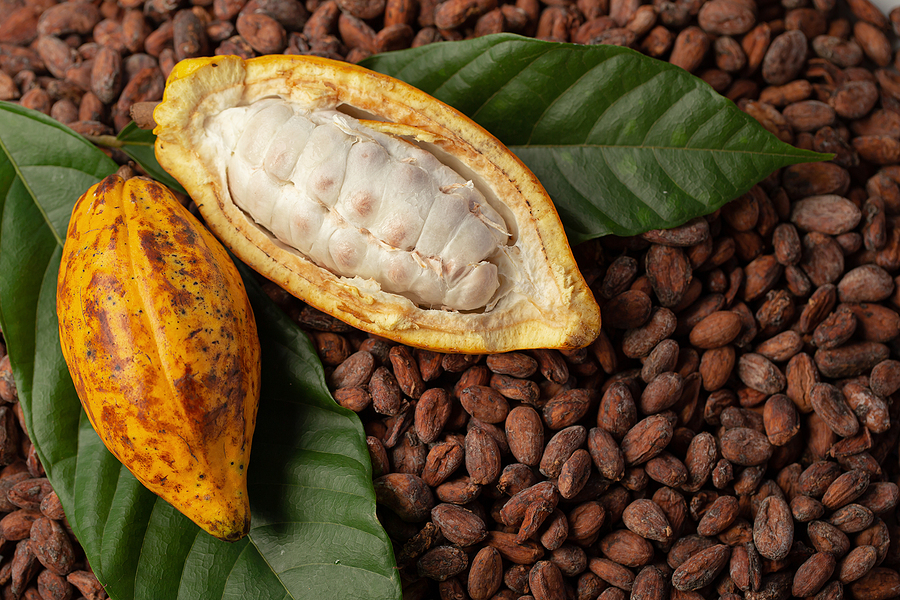Almost two-thirds (61%) of Mars cocoa is currently sourced through the company’s Responsible Cocoa program, putting them on track to reach 100% by 2025, according to the Cocoa for Generations report released today. The report also details significant progress on the candy giant’s Women for Change program.
Highlights from the report:
- Responsible Cocoa calls for a deforestation- and conversion-free supply chain, which will reduce Mars Wrigley’s total greenhouse gas footprint by 20%. Toward this end, Mars has mapped 80% of farm plots using polygon mapping to increase traceability and distributed more than 1.9 million non-cocoa trees in 2021.
- In collaboration with CARE, the Women for Change savings and loans program has reached more than 77,000 people in Côte d’Ivoire and Ghana, resulting in more than $7.4 million in collective savings and over $3.7 million in loans. Mars also expanded coverage of child labor monitoring and remediation systems to 70% of volumes sourced in Côte d’Ivoire and Ghana, and worked with the Royal Tropical Institute to empower women and girls in cocoa communities.
- The company launched two new programs to put smallholder farmers in Côte d’Ivoire and Indonesia on the path to a sustainable living income by 2030.
- In Latin America, Mars is working to make cocoa farming more sustainable and is in the process of regenerating almost 3,000 hectares of pastureland into productive healthy soil.
In a press release, Andrew Clarke, Mars Wrigley Global President, commented: “Too many cocoa farmers continue to face a series of challenges from poverty to child labor and deforestation. The impacts of climate change and global crises are exacerbating existing vulnerabilities across cocoa farming communities and beyond. This is why we aim to accelerate the transformation of the cocoa supply chain so that it benefits both people and the planet. To get there, we’re working to protect children, preserve forests, and improve farmer incomes. We are challenging ourselves and the entire sector to evolve and adopt approaches that deliver greater impact where it matters most – in cocoa farming communities across Latin America, West Africa, and Southeast Asia.”
